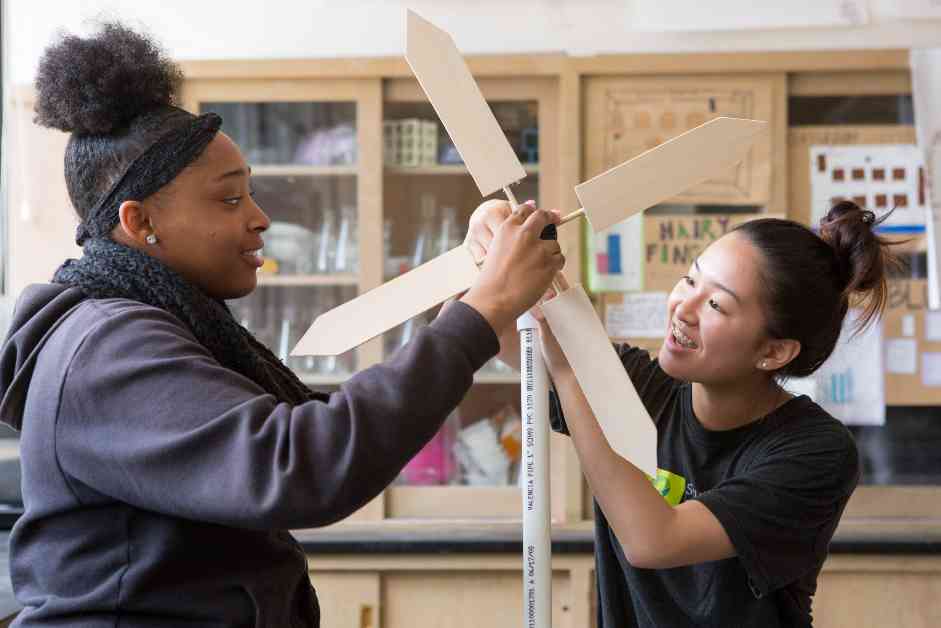Aisha O’Neil, a former resident of Zion National Park, developed a deep love for the environment due to her upbringing in nature. However, she realized that her education lacked information on climate change, which she learned about from the news and found to be alarming. This realization led her to start a climate action group in high school and advocate for climate literacy in Colorado.
Climate literacy, as defined by the U.N. and other global organizations, includes essential principles such as climate science, causes of climate change, impacts on human life and ecosystems, climate justice, adaptation, mitigation, and the urgency for action. Educators, communicators, and decision-makers are all encouraged to incorporate these principles into their teachings and actions.
In efforts to promote climate literacy, Colorado implemented a seal of climate literacy that high school graduates can earn through coursework and out-of-school projects. Additionally, the U.S. Global Change Research Program released a document outlining essential principles for understanding and addressing climate change.
Frank Niepold of the National Oceanic and Atmospheric Administration emphasized the importance of climate education across all disciplines and stages of education. He believes that the new guide on climate literacy can have a significant impact on education and public awareness. Niepold hopes to see NGOs, community-based organizations, and media outlets take on climate education to promote a more comprehensive understanding of climate change.
Aisha O’Neil and other students are pushing for new state curriculum standards to include more education on climate change. They believe that it is essential for all students to be educated on climate issues, not just those who seek it out. O’Neil also stresses the importance of empowering students to take climate action and feel empowered by the climate crisis rather than terrified.
Overall, the efforts to promote climate literacy are ongoing, with educators, students, and policymakers working together to ensure that future generations are well-equipped to address the challenges of climate change. By incorporating climate education into all aspects of learning, individuals can work towards a more sustainable and resilient future for all.

